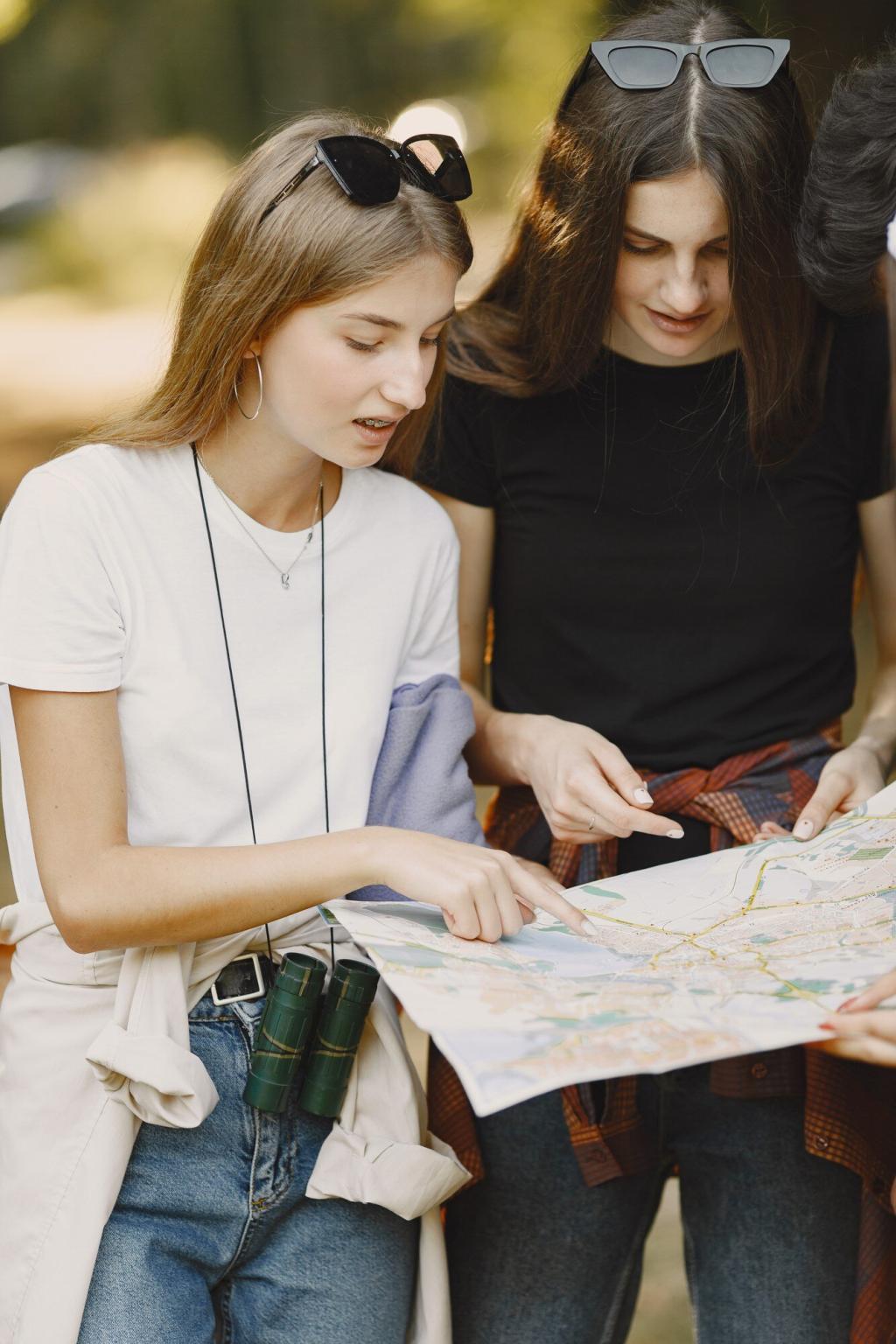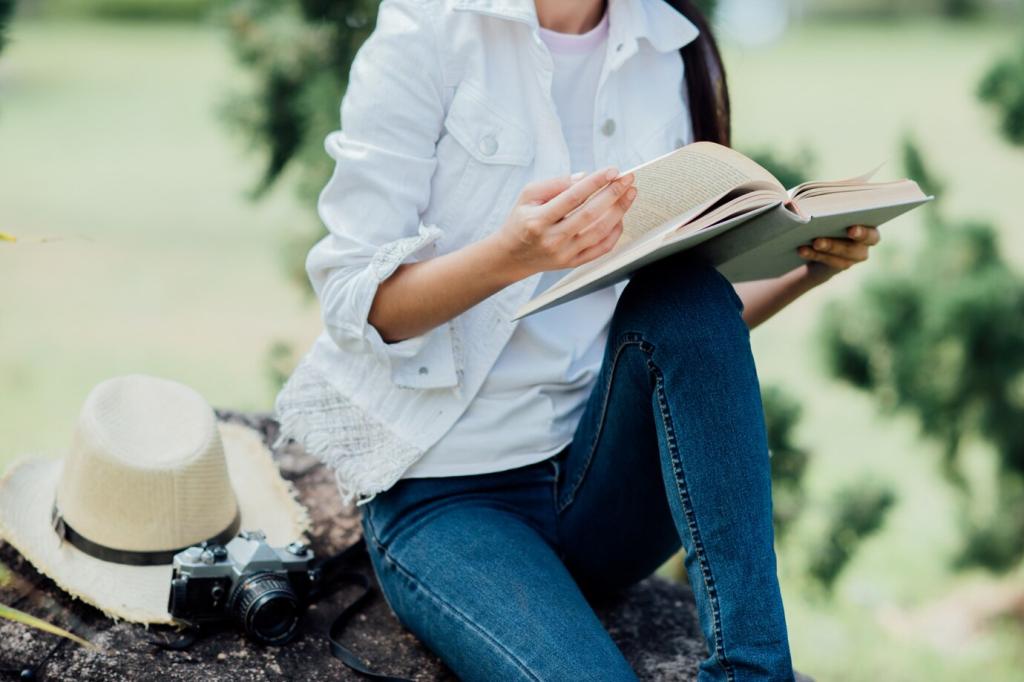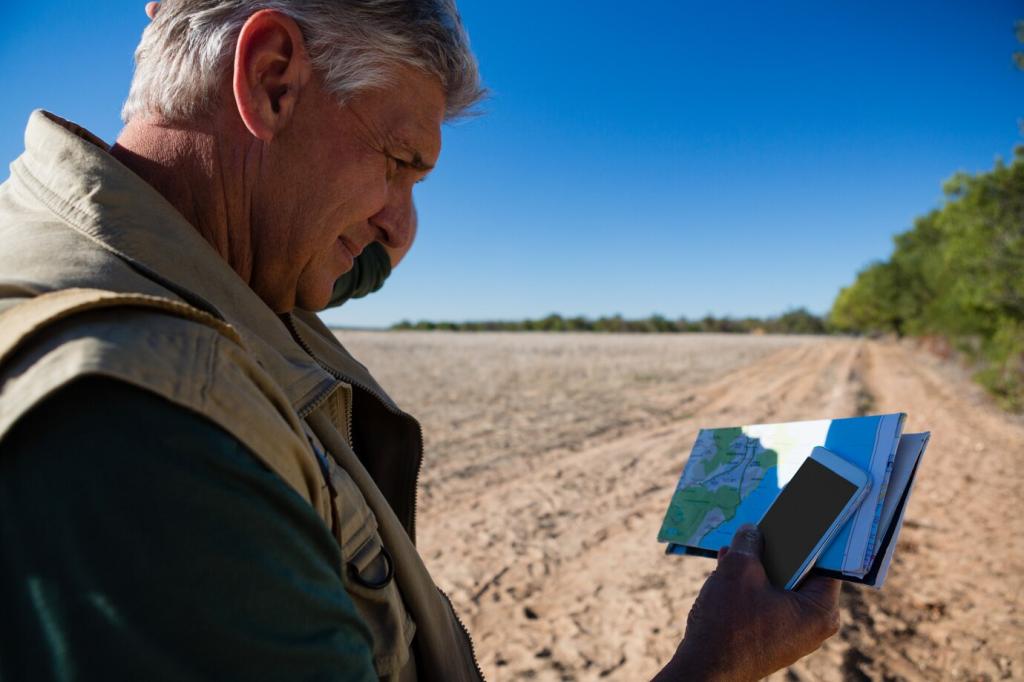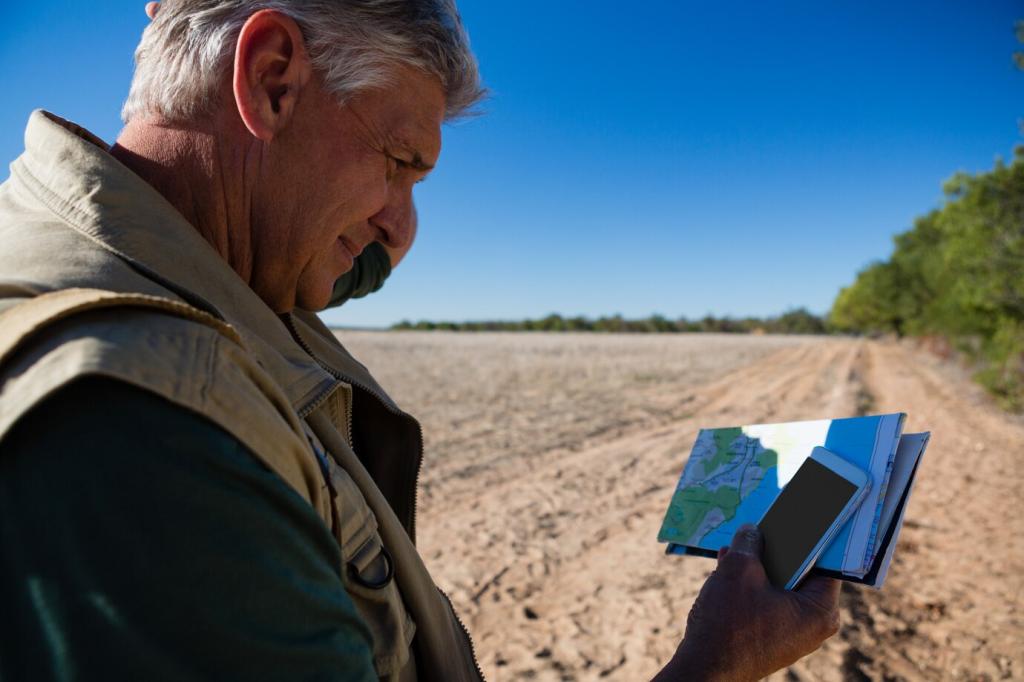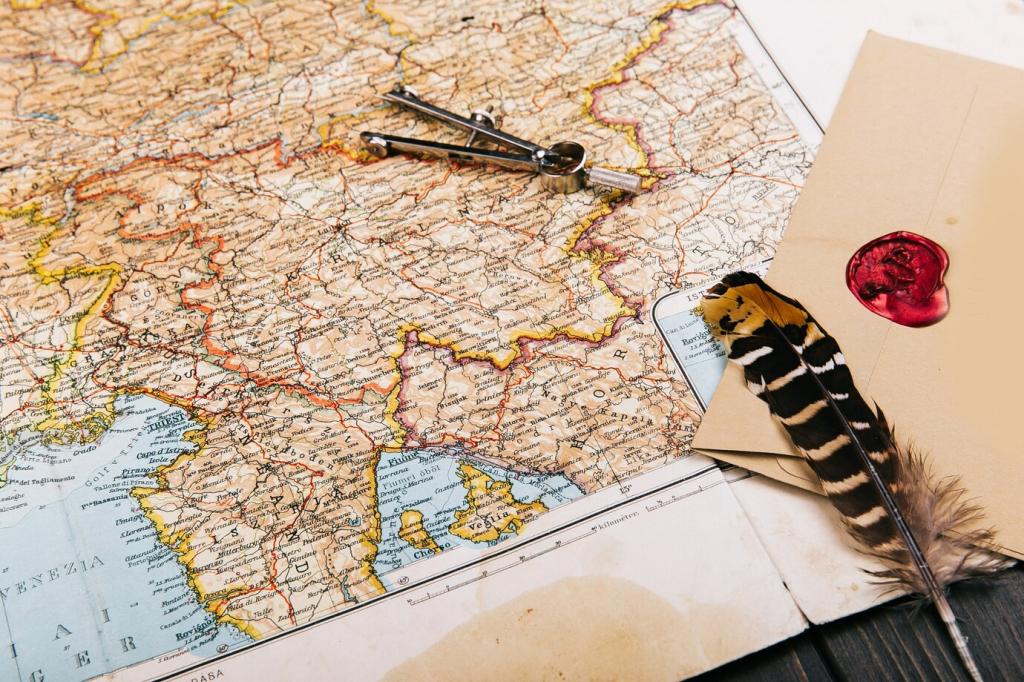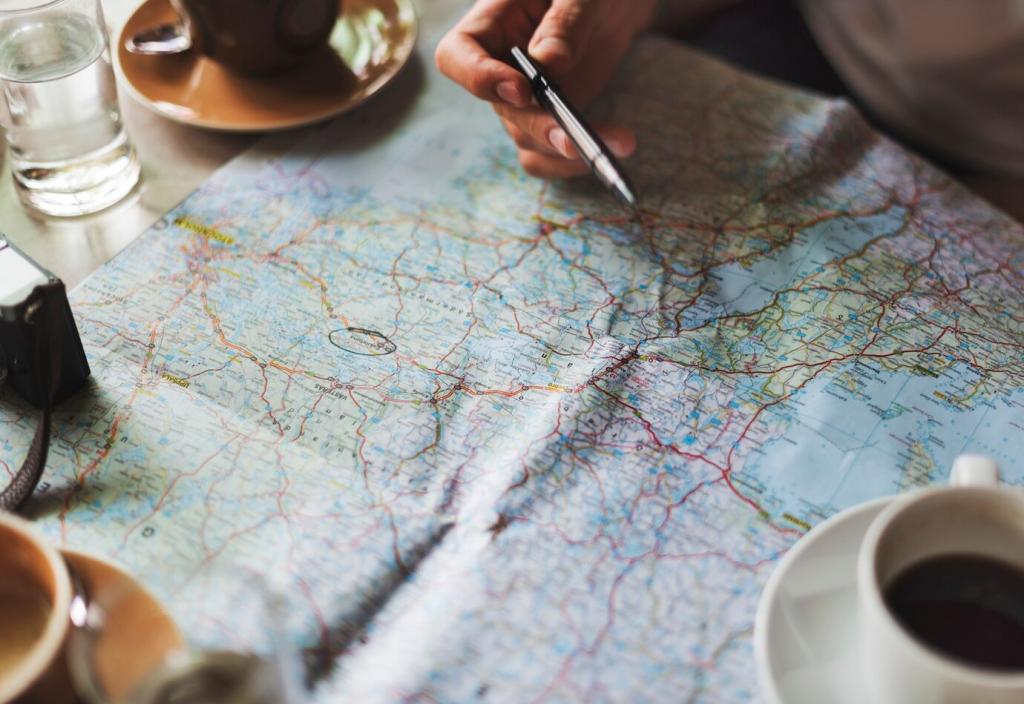Art, Craft, and Cultural Expressions
Purchase directly from artists or verified cooperatives. Request certificates or provenance when appropriate, and avoid motifs reserved for specific families or ceremonies. Ethical buying keeps value with creators and helps sustain intergenerational craft knowledge.
Art, Craft, and Cultural Expressions
If invited to a workshop, arrive prepared to observe, assist, and learn slowly. Techniques may seem simple but carry deep teachings. Ask permission before taking notes or photos, and support artists by booking early and sharing respectful feedback.

